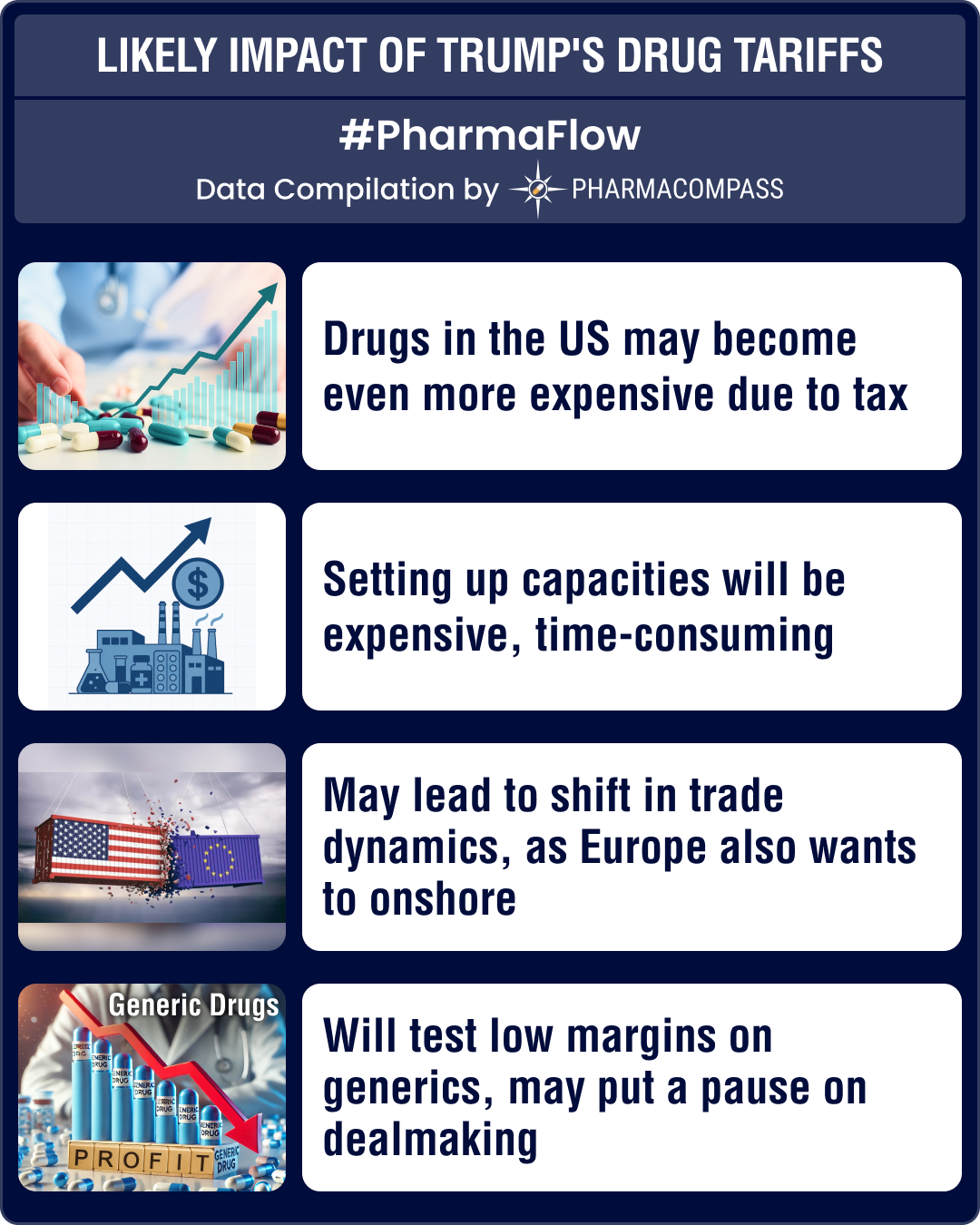
Two months ago, “as a part of its manufacturing consolidation in the US”, Sun Pharmaceuticals announced the sale of two facilities located at Philadelphia, Pennsylvania and Aurora, Illinois to Frontida Biopharm.
In the announcement , Sun Pharma never mentioned that an inspection by the U.S. FDA, from June 15 to July 17, 2015, had raised serious concerns about the compliance standards at the Pennsylvania site.
A recently posted warning letter, issued to the Pennsylvania site, mentions that Sun Pharma’s quality unit, at the time, had knowingly released 27 lots of various strengths of clonidine HCl tablets, despite evidence that the active pharmaceutical ingredient (API) used in manufacturing was potentially contaminated.
During the inspection, Sun Pharma’s vice president of quality repeatedly denied any knowledge of a recall of the contaminated clonidine HCl by the API supplier, “even though email evidence collected during the inspection showed that this individual had been notified of the recall as early as July 16, 2014”.
Sun Pharma removed the individual from his position during the course of the inspection.
FDA investigators also found that the firm had failed to take necessary corrective measures even though they were aware that impurities, from the ink and varnish on the primary container labels, had leached into the tablets.
Integration challenges at Sun Pharma
The warning letter posting on the FDA Website coincides with Sun Pharma’s Managing Director, Dilip Shanghvi acknowledging the challenges associated with the integration of its acquisition of Ranbaxy.
In the company's Annual Report for 2015-16, he said, "We are gradually
progressing on the remediation process at the erstwhile Ranbaxy facilities,
which were found to be non-compliant in the past. While significant efforts to
make these facilities compliant are on, this will be a time-consuming
process"
He further went on to add, "Over the past year, our cGMP capabilities have
been strengthened significantly. Talent with long-standing global expertise has
enhanced our abilities in this pertinent area. We are also targeting
appropriate technology-based solutions to facilitate cGMP compliance, coupled
with an increased focus on requisite manpower training."
Our view
Sun Pharma’s daring bet to acquire Ranbaxy has always been considered a high risk investment in view of the troubled state of compliance at Ranbaxy.
In the past year, Sun Pharma has run into its own compliance problems at its Halol facility, which contributed almost 20 to 25 percent to Sun's profits in 2014.
At the time of the Ranbaxy deal, Dilip Shanghvi, the founder of Sun Pharma said the primary focus would be to comply with regulatory standards and make Ranbaxy healthy “before jumping into the business priorities”.
However, it now remains to be seen if Sun Pharma will continue to focus on turning around their troubled operations or divest their way out of problems.
The PharmaCompass Newsletter – Sign Up, Stay Ahead
Feedback, help us to improve. Click here
Image Credit : Sunset by fdecomite is licensed under CC BY 2.0
“ The article is based on the information available in public and which the author believes to be true. The author is not disseminating any information, which the author believes or knows, is confidential or in conflict with the privacy of any person. The views expressed or information supplied through this article is mere opinion and observation of the author. The author does not intend to defame, insult or, cause loss or damage to anyone, in any manner, through this article.”






